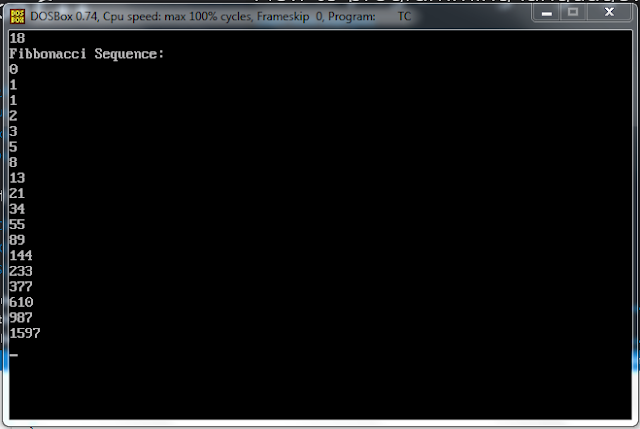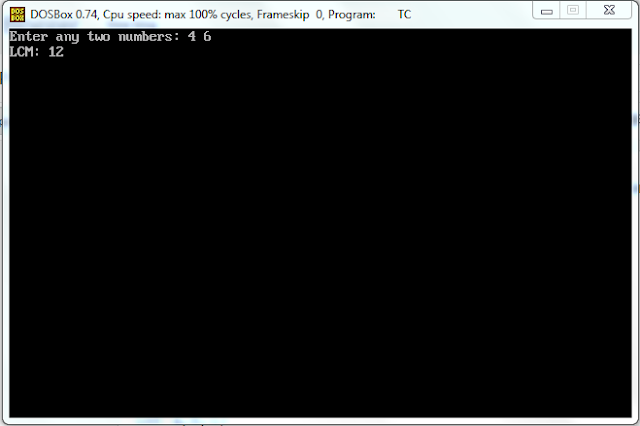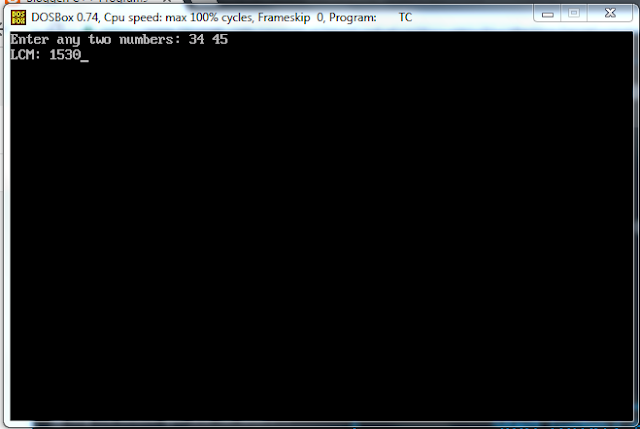C++ PROGRAMS
In this program the number of rows, columns and the elements of the 2-D Array are entered by the user. The output is the arranged Array (just like the output of the previous program 2-D Array) and the Alternate Elements of the Array starting from the first element.
The Code consists a user-defined function in which the Array, number of rows and number of columns are passed as arguments.
Code:
#include<iostream.h>
#include<conio.h>
void alternate(int A[10][10], int r, int c)
{
int i,j;
for(i=0;i<r;i++)
{
for(j=0;j<c;j++)
{
if((i+j)%2==0)
cout<<A[i][j]<<" ";
}
}
}
void main()
{
clrscr();
int i,j,r,c,A[10][10];
cout<<"Enter the number of Rows: ";
cin>>r;
cout<<"Enter the number of columns: ";
cin>>c;
for(i=0;i<r;i++)
{
for(j=0;j<c;j++)
{
cin>>A[i][j];
}
}
clrscr();
cout<<"Your Array is: \n";
for(i=0;i<r;i++)
{
for(j=0;j<c;j++)
{
cout<<A[i][j]<<" ";
}
cout<<"\n";
}
cout<<"\nAlternate Elemnts of Array are: ";
alternate(A,r,c);
getch();
}
Output:
For any queries or suggestions please comment.






















